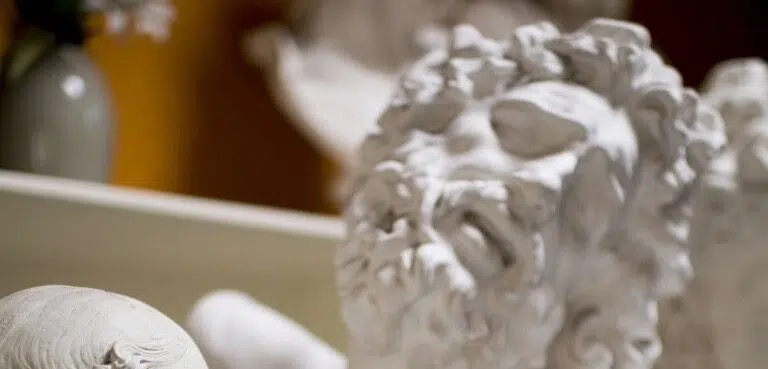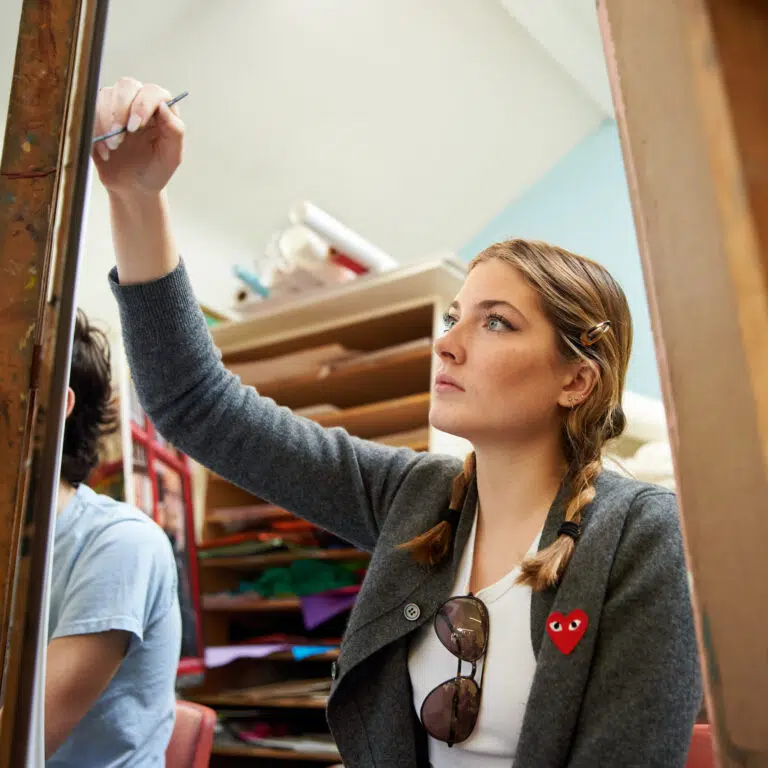In the midst of an enormously turbulent few years heaving with political change and crisis, both here in the UK and across the world, the relevance of Government and Politics to the lives of each of us could not be clearer. Government, and the political sphere which encompasses it, is not just accountable for the socioeconomic structure which surrounds us, but it is also the means by which we can reform that structure. As such, it is of critical importance that we understand the concepts behind the current system in the West – liberal democracy – and the workings of the political machine that is the state.
What will I learn?
Government and Politics is an exciting course which enables students to develop an insight into the political beliefs and systems which are central to our understanding of the modern world. The course centers on contemporary politics and current areas of constitutional concern, putting the UK in the context of its changing relationship with the European Union and the wider world. Students engage with contemporary political issues through lively class debates which encourage critical thinking and the construction of effective and coherent arguments. They will learn about political procedures and institutions such as democracy, political participation, party policies, and the values and ideas of the Western world.
In the Lower Sixth students will study the politics of the United Kingdom, covering the various branches of government and their functions, but also the role played by ordinary citizens in the political process. Students will develop the analytical abilities required to critique the successes and failures of our system whether it be the weaknesses of ‘First Past the Post’ and the alternative electoral systems such as proportional representation, or the future of our Supreme Court, still finding its place within the political structure of Britain.
In the Upper Sixth students progress onto the study of the ideologies which have dominated Western political thought for centuries as well as those threatening to reimagine the socio-political landscape. The conflicts which form the basis for political disagreement today – liberalism and conservatism; socialism and capitalism – are explored and placed in the context of contemporary policy. This is a course which will equip students with the tools they need to fully understand the world around them, and their place within it.
Lower Sixth
Module 1: People and Politics, Democracy, Parties, Elections and Pressure Groups, Running for Office.
Module 2: Governing Modern Britain, the Constitution in Theory and in Action, Parliament, the Prime Minster, the Judiciary.
Upper Sixth
Module 3: Ideologies. Liberalism, Conservatism, Socialism, Anarchism.
Module 4: Other Ideological Traditions, Nationalism, Feminism, Ecologism, Multiculturalism.
Assessments
Four exams at the end of the Upper Sixth.
Unit 1: People and Politics
Written examination: 1 hour 20 minutes
Students answer two questions from a choice of four.
Unit 2: Governing the UK
Written examination: 1 hour 20 minutes
Students will be required to answer one stimulus-based question from a choice of two and one extended question from a choice of two.
Unit 3: Key Themes in Political Analysis
Written examination: 1 hour 30 minutes
Students must take one topic and answer three short questions from a choice of five, plus one longer essay question from a choice of three.
Unit 4: Extended Themes in Political Analysis
Written examination: 1 hour 30 minutes
Students must take one topic on which they answer three short questions from a choice of five, plus one essay question from a choice of three.
Government and Politics A-level can lead to a degree in Politics which is often combined as a joint honours course with Economics, Philosophy or International Relations, to give just a few examples. It is also regarded as a valuable qualification for many other degree courses including History, Sociology, and Media.
Examination board: Edexcel/Pearson



